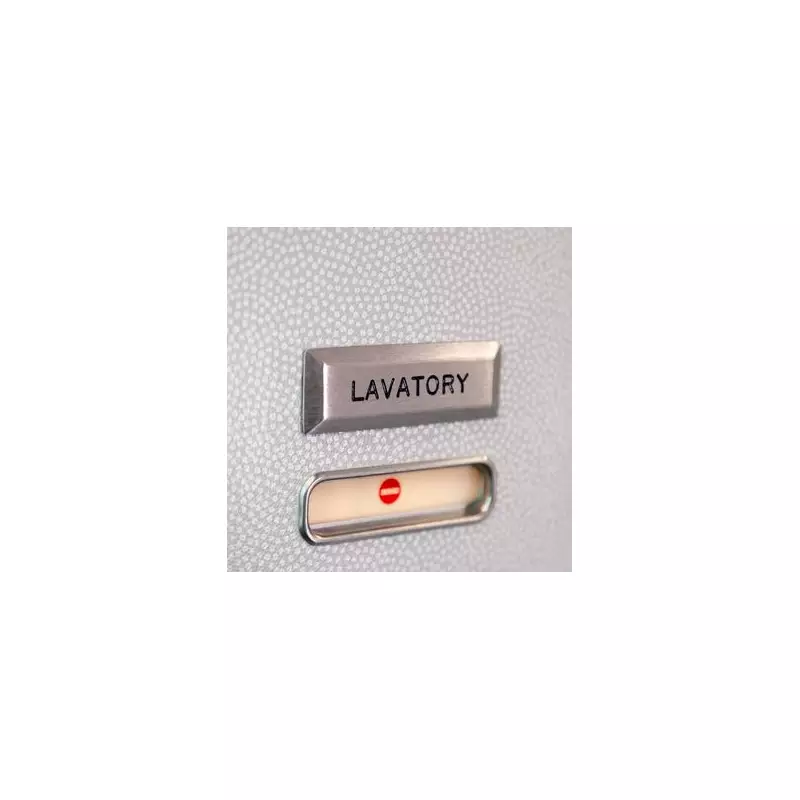
An experienced airline pilot has issued a stark warning to British travellers about a potentially deadly mistake millions make every time they fly. The danger isn't turbulence or mechanical failure—it's lurking right above your head in the overhead lockers.
Captain Denny, a veteran pilot with decades of experience, took to social media to explain why storing heavy items overhead creates an unacceptable safety risk. His viral video has sent shockwaves through the travel community.
The Hidden Impact of Turbulence
While most passengers worry about turbulence causing discomfort, few consider the physics of what happens when a plane suddenly drops. Captain Denny explains that during severe turbulence, items in overhead bins can become lethal projectiles.
"If we hit clear air turbulence and the plane drops 100 feet," he states, "everything in those overhead bins becomes weightless momentarily before crashing down with tremendous force."
The Physics of Falling Objects
The danger isn't just theoretical. A laptop weighing 2kg (4.4lbs) could effectively weigh over 22kg (50lbs) when falling from an overhead bin during turbulence. This impact force could easily cause serious head injuries or worse.
Captain Denny emphasises: "That's why flight attendants are so strict about heavy items. They're not being difficult—they're trying to prevent serious injuries."
The Correct Way to Pack
According to aviation safety experts, passengers should follow these crucial guidelines:
- Store only lightweight items like jackets, pillows, and small bags overhead
- Place all heavy electronics, books, and dense objects under the seat in front of you
- Keep medication and essential items within easy reach at all times
- Listen carefully to cabin crew instructions about baggage storage
Why This Warning Matters Now
With air travel returning to pre-pandemic levels and turbulence incidents increasing due to climate change, this safety advice has never been more relevant. The UK Civil Aviation Authority has noted an increase in turbulence-related injuries in recent years.
Captain Denny's message is clear: "What seems convenient during boarding could become dangerous during flight. Your safety choices matter."
This professional insight serves as a crucial reminder that airline safety protocols exist for good reason—and sometimes, the greatest dangers are the ones we create ourselves through simple oversights.





